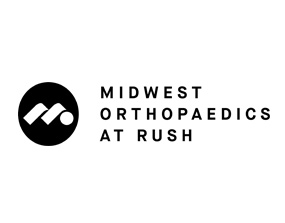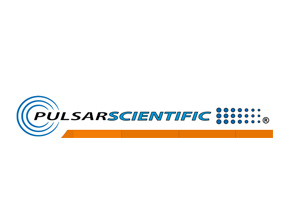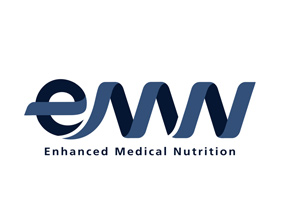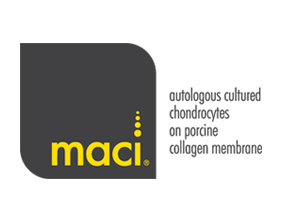(Image via https://twitter.com/foodandwine)
What we consume in terms of food will determine how our bodies feel and function. It can apply to normal everyday life too, but especially when assessing athletes performance and how specific professionals get to and maintain their presence at the very top of a particular sport. Even people who partake in moderate exercise and enjoy the odd bit of training can experience improved performance off the back of dietary adjustments and the addition of certain foods. After all, without good food, we can lack the fuel needed to perform at our best.
There is no doubting that diet is a top priority in most peoples fitness efforts. For example, after going on a run or playing soccer with friends in the park, you need to replenish any lost nutrients with a selection of the right foods. There are exceptions to the rule, though, with some athletes managing to maintain peak performance while consuming some bad foods.
As featured in Warren Ashurst’s article for MansionBet on unusual sporting diets, Premier League star Jamie Vardy drinks a can of Red Bull on the morning of the game. Likewise, Usain Bolt adores chicken nuggets. Of course, we can enjoy some of the bad stuff on occasions, but for athletes to maximise their performance in the gym or on the running track, a selection of healthy foods must form a key part of their diet.
With that in mind, below is a look at some of the key foods athletes should eat.
Salmon
An oily fish packed full of protein and omega-3 fatty acids, salmon is lean and is known to reduce inflammation which comes with persistent exercise. Salmon is also a natural artery cleanser, therefore providing people with a lessened risk of developing heart disease in the process. Salmon forms a key part of a healthy diet and can be enjoyed in a range of different ways, from salads to pasta dishes.
Beans/Legumes
Boasting plant-based protein, beans and legumes are a great addition to any diet. The likes of kidney beans, lima beans, pinto beans and black beans provide a solid source of protein and can enable you to feel full and healthy thanks to the presence of plenty of fibre and no saturated fat. Next time you make a salad, chuck in a few beans to make it even better for you.
Hydrating foods
With excessive exercise can come excessive sweating and the potential feeling of being dehydrated. In order to replenish any lost fluids, foods like watermelon, radishes, bell peppers, spinach, celery, dates and oranges can do the job and oranges can do the job.
Berries
Whether you’re considering adding blackberries to your morning breakfast or you like the idea of snacking on raspberries and blueberries in the afternoon, berries are rich in antioxidants and can enable someone to feel replenished after a testing exercise session. Certain berries are also excellent for the long-term, preventing muscle strength as you get older.
Pasta
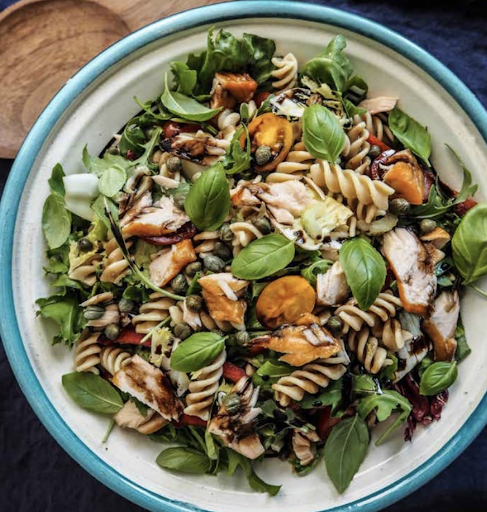
(Image via https://twitter.com/aoiferyan30)
According to many, some carbs are bad. In reality, though, most athletes require carbohydrates to act as fuel ahead of a testing training session. Essentially, a bowl of straight carbs like pasta acts as fuel for an active person. Pasta does contain fibre, though, which is why you shouldn’t stock up too heavily on some as you’ll feel full and bloated before an event or a run around the block. It’s also worth noting that whole-grain pasta contains less sugar.
Nuts
A popular snack in most athletes diets, nuts are rich in protein and healthy fats. Nuts are also full of fibre and antioxidants such as vitamin E. Nuts also improve bone health and they lower bad cholesterol.
Other foods to eat are oatmeal, sweet potatoes, milk, cruciferous vegetables, bananas, whey protein, and cherries.
Click here for full podcast playlist.
